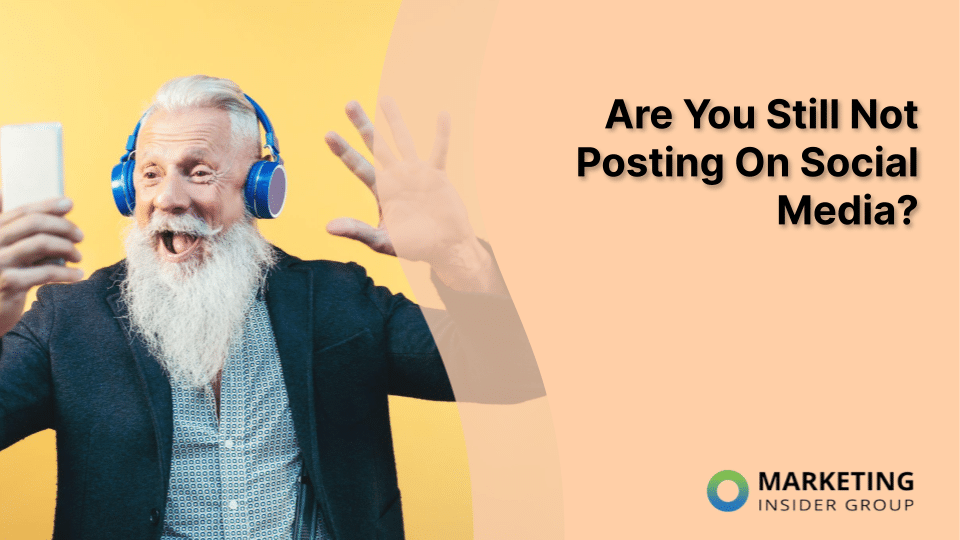
Social Sharing Might Get You Sued: Social Media And Copyright Law

Most of us learned about copyright law with the illegal music downloading issues brought on by Metallica and the Recording Industry Association against Napster. Remember: all you needed was a computer, a Compact Disc of copyrighted music, an internet connection, some free “ripping” software and off you went. A free subscription to Napster could net you thousands of songs. But along came the iPod and iTunes and well, the rest is history. Illegally downloaded MP3s may just be the “I never inhaled” issue of our generation.
But now, a new company is looking to profit from what may be the unintentional misuse of copyrighted material on social sharing platforms.
It’s important to understand the key terms in trademark discussions. Most original productions and trademarks are copyrighted and protected by U.S. trademark law. The term “all rights reserved” or a trademark is commonly used by the owner or author of an original piece of work to identify that the author is providing notice that they hold all the rights to that content, its distribution and derivatives of the work.
“Creative Commons” is described by the non-profit organization that created it as an alternative to the “all rights reserved” method of copyrighting material. It was established so that artists could identify exactly which rights they “reserve” and which rights they are willing to waive. This allows the artist to potentially see a wider distribution of their content. For example, artists may allow their content to be used with attribution and no restriction on the derivatives that can be created from it. Others may restrict the use to attribution only but will not allow derivatives to be used.
Fair Use or “fair dealing” as it is known in other parts of the world is a part of Trademark law that, according to wikipedia: “allows limited use of copyrighted material without requiring permission from the rights holders.” Fair use of certain excerpts of copyrighted material is generally permitted in things like education, news, research and commentary. Violations of “fair use” will look to factors such as the intent, the importance, the amount and the effect of the copy.
Copyright Law As A Business
Recently, Fortune contributor John Patrick Pullen wrote about the case of Las Vegas-based Righthaven and founder Steve Gibson. To break it down, Righthaven signs a contract with a traditional media publication like the Las Vegas Review-Journal whereby it gains control over the publication’s copyrighted material.
Then Righthaven starts searching for any copies of that material. If they find it, instead of the traditional practice of sending a “cease and desist” letter that requires the accuser to remove the material, Righthaven files a lawsuit.
And the penalty is steep: Fortune reports that the fines can be as high as $150,000 and a requirement to surrender the domain name of the accused violator. Since most bloggers simply cannot afford the legal fees or the fines, they settle for some cash plus the domain. According to Fortune, the company has filed 195 lawsuits!
But the article also states that a recent court case by a rival newspaper in Las Vegas may help ensure that this business model does not get out of hand. The counter-suit claimed that these kind of copyright violations have little to no “effect” in either reducing revenue from the copyright holder or in creating revenue for the accused. Either way, Copyright law is clearly in need of some refinement.
As Cynthia Boris asked in response to the article:
The real fear here is not whether Righthaven has a leg to stand on, but that most people won’t have the money to fight. When faced with court costs, most bloggers will have no choice but to pay a fine and give up their domain name even if they were inside the letter of the law.
As soon as I saw this article by Fortune and the many discussions that came from it, I thought it warranted a deeper dive. As a blogger, I will admit to being a bit frightened at the prospect of being sued. I will not allow this threat to stop me from sharing, but I will also look to be much more careful when citing other people’s material.
I hope you found this information helpful and please weigh in: what do you think?
Image credit: “My Trusty Gavel” Creative Commons license from Flickr source: steakpinball







This is very interesting and important for all bloggers, Facebookers and Tweeters to be aware of when sharing online. I am new to the blogging/Tweeting world and I have been unsure of how to give credit when credit needs to be given at times and I am sure others face this as well. It is good to get this information out there so others are aware just how serious this can be. Thank you. Reina
Thanks Reina, I really appreciate the support!
And I’m no expert either. This blog post was my forced research project. As soon as I saw that article I figure I better get educated. I think the bottom line is attribute all your sources and you should be fine.
Can a person be sued for sharing materials on Facebook and other social media for non-commerical purpose? Or being sued for sharing something that many other people have already shared. I’m not talking about downloading music with a copyrighted label on It but sharing videos that others have put on the internet where there is a share button that invite others to share. I did not see a copyrights label or a all rights reserved sign. Many people have been sharing like this for years. Should we be concern about this? And how do we know if something is legally okay to be shared?
Hi Victor, this continues to be a concern and I suggest you check out some of the resources online and then consult a lawyer about your concerns.